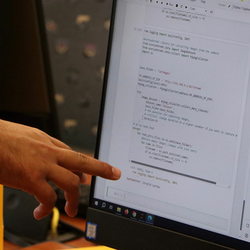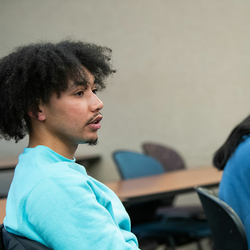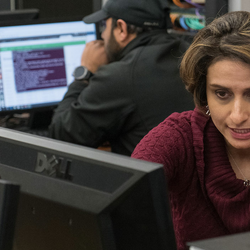ION Professional eLearning Courses
ION Professional eLearning Programs offer online courses for faculty, staff, administrators, and leaders. All of our courses can be taken for CEU credit. Eight-week courses are 8 CEUs and four-week courses are 4 CEUs. Most Master Online Teacher courses are also approved for CPDUs and graduate credit. Courses that qualify for CPDUs will receive 30 CPDUs. Graduate credit information can be found on our FAQ page.
The courses are asynchronous and offered through Canvas. They are instructor-led courses that require weekly assignments and discussion postings. One of the most rewarding parts of ION courses is the interaction with other professionals in the class.
Our courses provide higher education professionals with effective skills and practices. The courses undergo continuous review and are designed to provide an intellectually stimulating environment, promote innovation, and networking.
Questions about registration? Please visit our FAQ page or contact ION staff at ion@uis.edu for assistance.
Special note for community college faculty and staff: Many community colleges in Illinois partner with UIS to offer ION eLearning courses at a discounted rate to their employees. Please reach out to your department head or development coordinator to learn about potential discount/reimbursement options before registering.


































